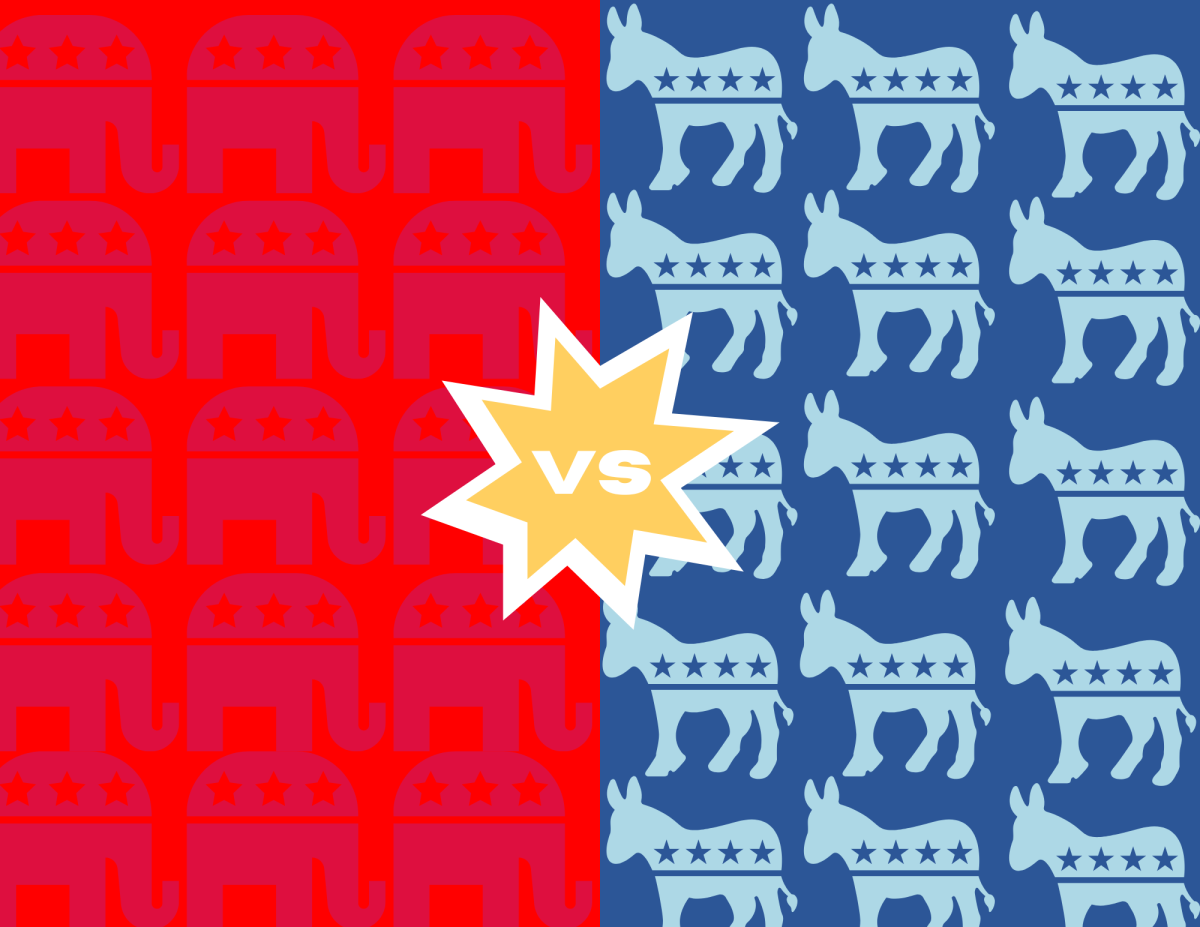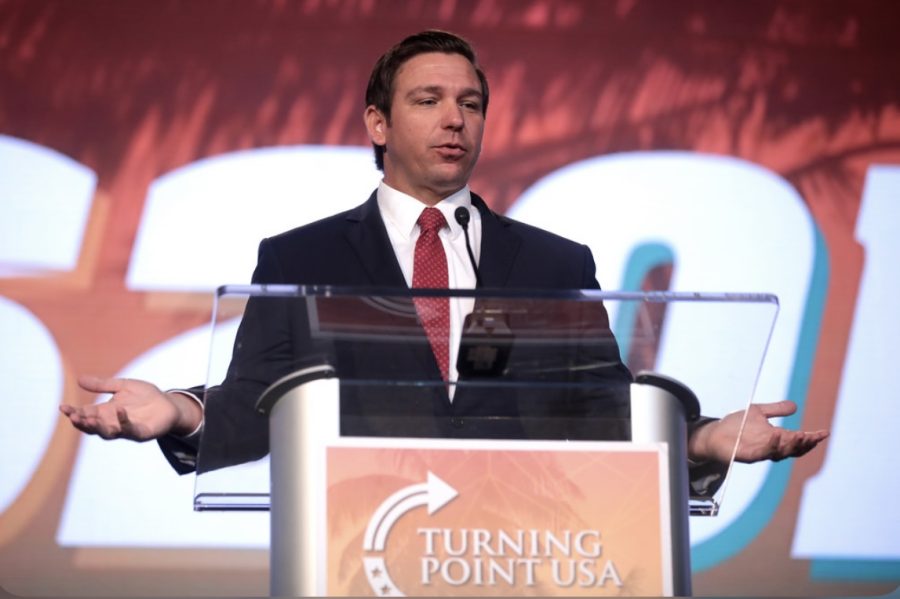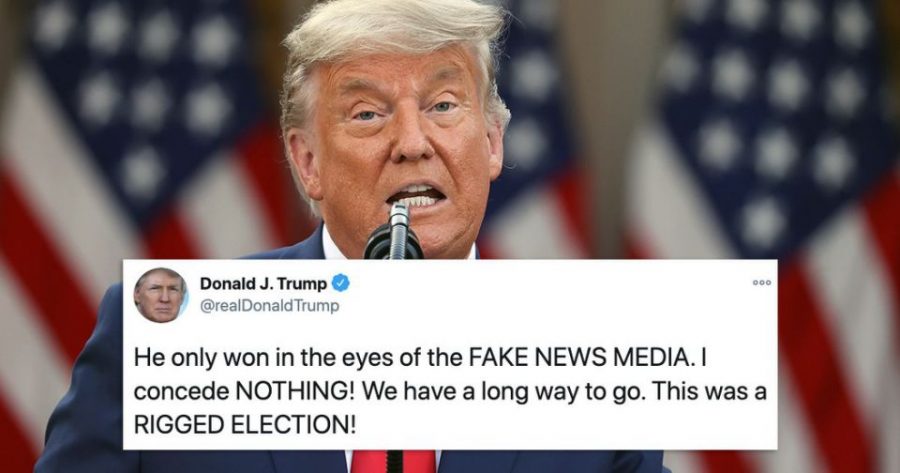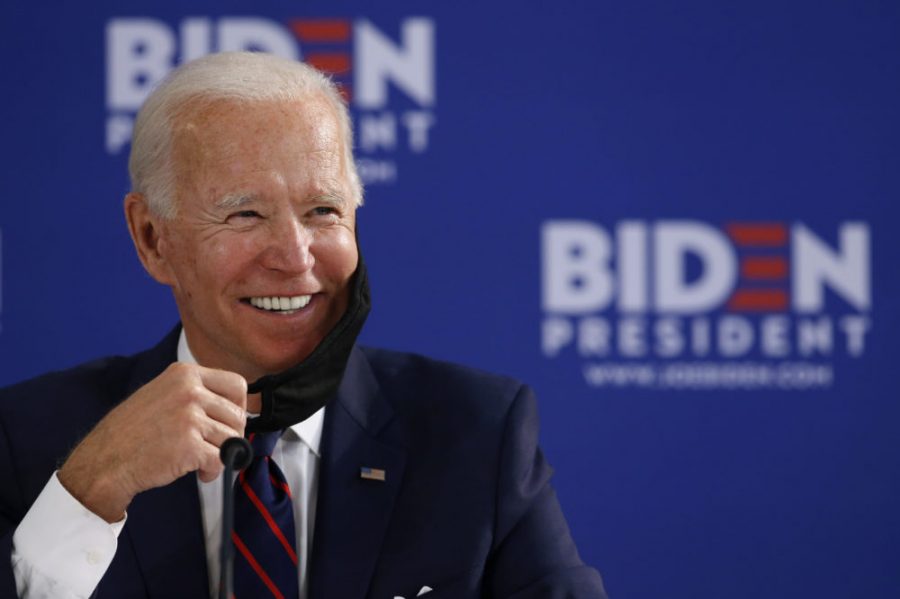Millennials have a lot of negative stereotypes about them. We’re entitled, lazy, we’re numb to acts of violence and we’re obsessed with social media and technology. But probably the oddest stereotype about us is that we are too sensitive and get offended easily.
Truthfully, we do tend to come off as a delicate bunch. Everyone seems to have an opinion about everything, and millennials are especially vocal about them, predominantly on our social media accounts. However we don’t complain for the sake of complaining. The world right now is a disaster and there’s plenty to complain about.
We did not invent awareness of social issues and being offended about things going on in the world. However, we did popularize social media. We take to social media to make our voices heard and one of the most prominent and successful millennials in the world, Mark Zuckerberg, has said, “By giving people the power to share, we’re making the world more transparent.”
When you disagree with someone is it more proactive to say, “no, you’re wrong,” or “why do you think that way?” Different perspectives and personal experiences are the foundations in which this country prides itself on, so why are we scrutinized for expressing discrepancies?
Last year, the term “sensitive snowflake,” seemingly popularized by Republican political commentator Tomi Lahren, became the defining insult of 2016. The term began circulating social media as a way to demean young people for being too easily offended. Essentially, the term is used in relation to purported generational differences.
More specifically, it is directed toward people who became adults in the 2010s as being more prone to take offense and less resilient than previous generations, or as being too emotionally vulnerable to cope with views that go against their own.
Baby boomers are forgetting that they were the ones who raised us so-called snowflakes. While they may see whining and hypersensitivity, we see it as being more aware of widespread ramifications of sexism and racism — issues the generation of Donald Trump supporters appear to be ignoring.
Teenage rebellion used to be sneaking out late at night and listening to punk music. Today it is wearing pink hats and protesting. Donald Trump’s presidency has brought to light some deep-rooted societal issues that had been swept under the rug. LGBT issues, sexual assault, equal pay, affordable healthcare, are all part of the conversation toward new legislation and laws that would directly affect us.
We owe this awareness to the Internet. We have access to millions of different viewpoints at once. Despite growing up in a predominately white, middle-class town with a population of about 13,000, growing up with access to Youtube videos, blogs and tweets flooded my narrow world with opinions.
At the risk of being ironic, the act of calling someone a snowflake for disagreeing with you is insensitive in itself. It’s another way of dismissing someone’s opinion as invalid, and it almost seems like one step closer to gaslighting. Lahren called people who participated in the Women’s March sensitive snowflakes, and that seems quite contradictory, for an estimated five million people of all generations came together to stand up for their rights as human beings that are going to be threatened by the current administration in Washington D.C. That doesn’t seem to be a hypersensitive act or behavior to me at all.
Calling someone a sensitive snowflake is an easy way to diffuse the attention toward a challenged point of view. To be fair, it is possible for people to read too much into messages and spark a controversial discussion when there wasn’t one to begin with. But millennials are not the only generation guilty of that; everyone does it once in awhile. By telling our entire generation that we are being “sensitive snowflakes” is the same as telling us that our opinions don’t matter. Silent opinions have rarely done anyone any favors.
If you’ve done your research and have your facts straight, your opinion is valuable, and you should never feel discredited because someone thinks you’re being “too sensitive.”
Older generations may say our trigger warnings and safe spaces make us spineless and incapable of dealing with the harsh realities of the real world.
This is such a narrow-minded way of looking at society and I do not think that negatively of the “real world” where we can’t be progressive or educate ourselves to create a better and more accepting society for everyone.
Yes, the world is a harsh place, and in life you don’t always receive what you want. I genuinely do not believe that millennials expect the world to be served to them on a silver platter, but asking to be understood and accepted should not be criticized. Millennials want the world to be more empathetic and compassionate.














